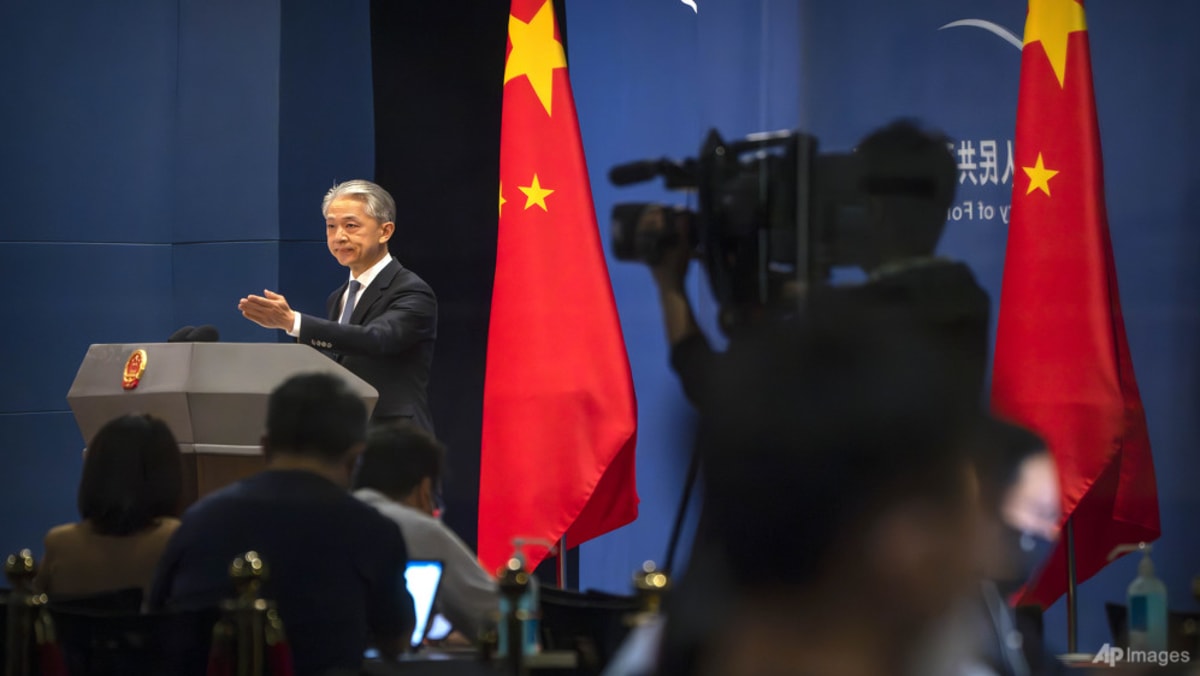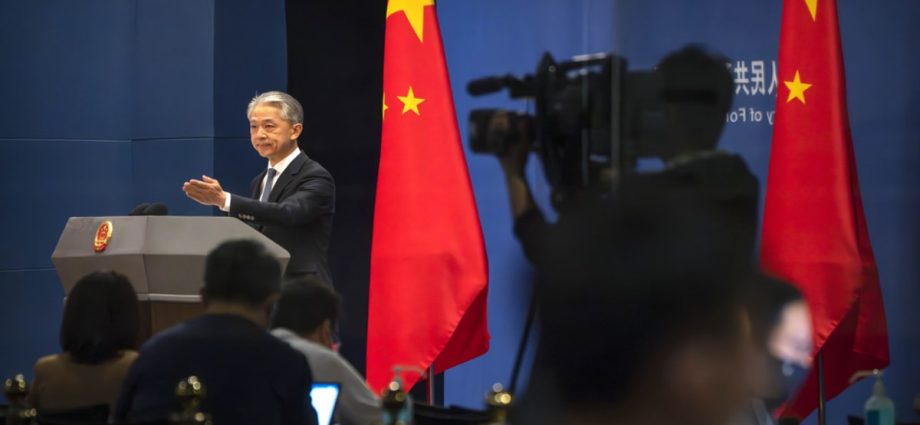
BEIJING: China’s foreign ministry on Friday (Jun 9) said “spreading rumours and slander” is a common tactic of the United States, following a media report that Beijing has reached a deal with Cuba to set up an electronic eavesdropping facility on the island.
Citing US officials familiar with classified intelligence, the Wall Street Journal said such a spy installation would allow Beijing to gather electronic communications from the southeastern United States, home to many US military bases, as well as monitor ship traffic.
Cuba and China have reached an agreement in principle, the US officials said, with China to pay Cuba “several billion dollars” for the eavesdropping station, according to the Journal.
John Kirby, spokesperson for the White House National Security Council, told Reuters on Thursday that the report was “not accurate”, but did not say what he thought was inaccurate.
When asked about the alleged spying base at a regular press briefing, Chinese foreign ministry spokesperson Wang Wenbin said he was “unaware of the situation” before criticising US policy on Cuba.
“As we all know, spreading rumours and slander is a common tactic of the United States, and wantonly interfering in the internal affairs of other countries is its patent,” said Wang.
“The United States should reflect on itself and stop interfering in Cuba’s internal affairs under the banner of freedom and democracy, and immediately cancel the economic, commercial and financial embargo against Cuba.”
He added: “The United States is also the most powerful hacker empire in the world, and also veritably a major monitoring nation.”
The reported deal could raise questions about a near-term visit to China that US officials say Secretary of State Antony Blinken is planning.
Washington and Beijing have been taking tentative steps to ease tensions that further soured after a suspected Chinese spy balloon crossed the United States early this year and prompted Blinken to scrap a previous visit to Beijing.

